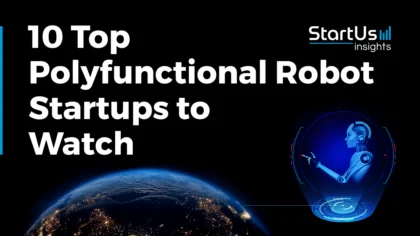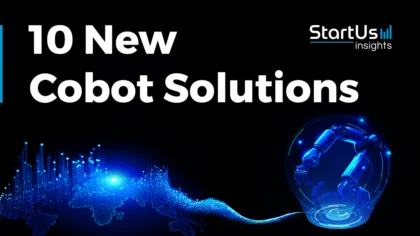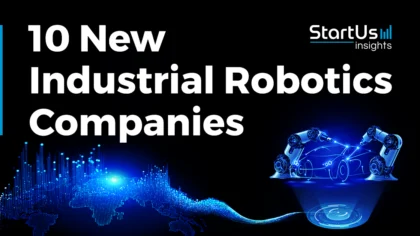Leverage our unparalleled data advantage to quickly and easily find hidden gems among 4.7M+ startups, scaleups. Access the world's most comprehensive innovation intelligence and stay ahead with AI-powered precision.
Waste management has become one of the most significant industries that focuses greatly on the technological advancement and implementation of environmentally sustainable methods for dealing with waste.
The need for progress in this sector is immense, given the fact that we generate 2.01 billion tonnes of municipal solid waste annually, with at least 33% of this waste not being managed in an environmentally safe manner. Looking forward, global waste is expected to grow to 3.40 billion tonnes by 2050.
Reprocessing waste into energy, equipping smart bins with sensors, and optimizing waste collection are just a few of the innovation areas pushing the industry towards an automated and more sustainable future of waste.
Our research team has analyzed more than 4.500 startups in the Waste Management sector to identify emerging technologies and innovation areas. In the following, we will share our insights into the most promising fields for this industry. Discover the future of Waste Management!













